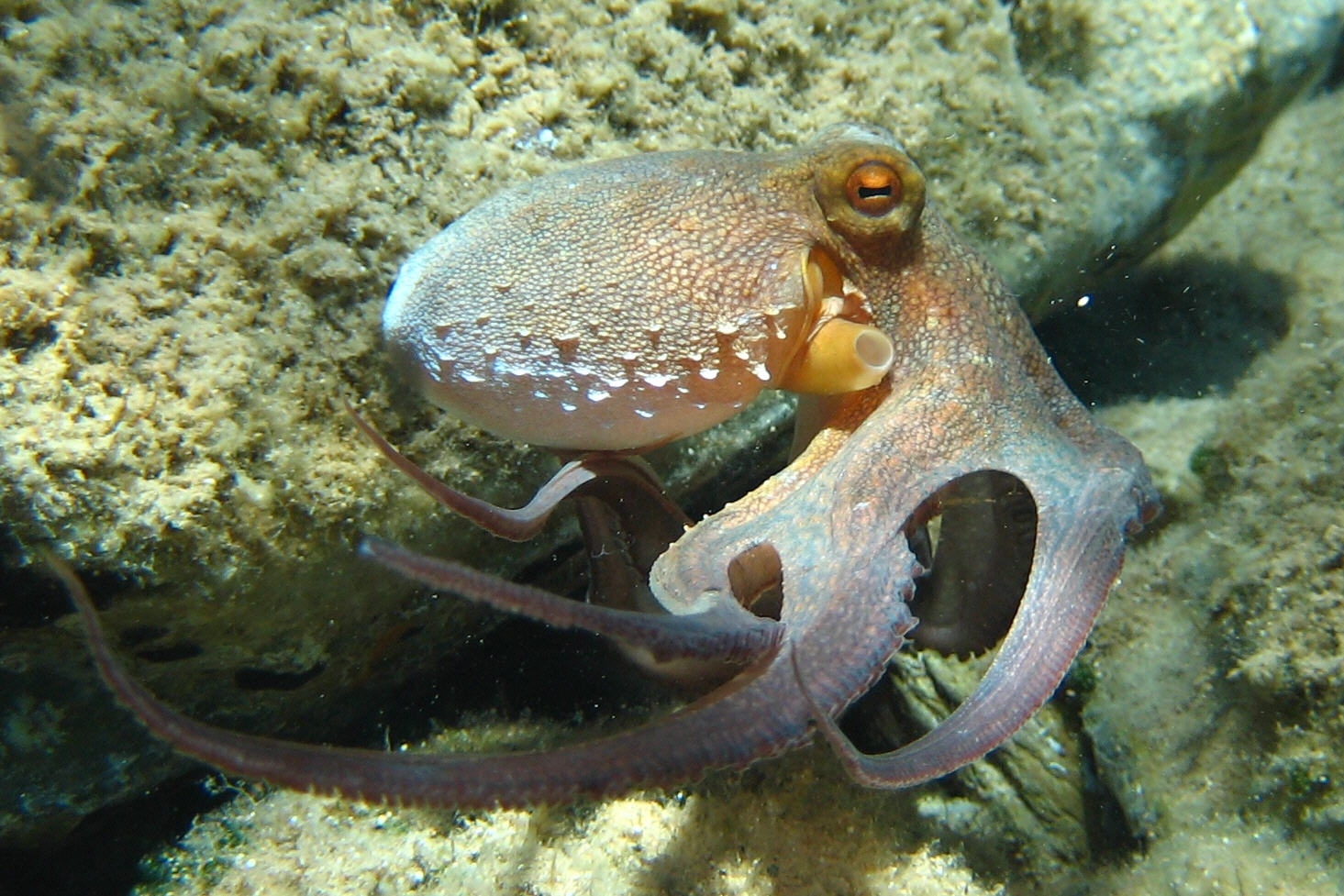
A new multidisciplinary study identifies a more accurate way of predicting intelligence.
How can we tell whether an individual or species is using ‘intelligence’ or complex cognition to solve a problem? Combining evidence from flexible behaviours, neuroanatomy and unpredictable environments may give a more accurate idea, according to a new model developed by a multidisciplinary team.
The study, Is behavioural flexiblity evidence of cognitive complexity? How evolution can inform comparative cognition, is published today in Royal Society Interface Focus.
In it Gates Cambridge Scholar Dr Corina Logan and her colleagues examine the fundamental issue of how we measure intelligence. Behavioural flexibility – the ability to adapt behaviour to changes in the environment – is often treated as the gold standard of evidence for more sophisticated or complex forms of cognition, such as planning, metacognition and mindreading. However, the paper argues that this is based on assumptions that have not been properly investigated.
It says that this is particularly important because observed flexible behaviours are frequently explained by simpler cognitive mechanisms. However, the researchers argue that it is important to consider how the species lives to determine intelligence. This means evaluating how a species perceives cues in its environment and whether these cues are predictable or variable in time and space. It also means understanding something about the composition of its brain to determine whether it uses more cognitive processing power to solve problems that arise in its daily life.
To interrogate assumptions about behavioural flexibility and intelligence, Corina collaborated with two philosophers of science, Dr Irina Mikhalevich at Humboldt-Universität zu Berlin and Dr Russell Powell at Boston University, who specialise in solving problems in biology. Together they developed a model that can show whether flexibility is an indicator of complex cognition.
They searched the literature for data to test their model and found that the three traits in their model (flexibility, environmental unpredictability and neuroanatomy) are linked as predicted. Species that are more flexible live in more unpredictable environments and have more neurons or a larger volume for a particular brain region. Because each of these three traits is predicted to lead to complex cognition, when all three traits are found together, it provides more solid evidence that complex cognition can be inferred.
For instance, recent research on molluscs by Robyn Crook, Jennifer Basil and Frank Grasso showed that octopuses have excellent short- and long-term memories. The researchers point out that an octopus' brain has a region called a vertical lobe where learning and memory are processed and it has to pursue mobile prey that are patchily distributed in space and time. However, another mollusc species, the nautilus, has poor long-term memory, doesn’t have a vertical lobe and scavenges on whatever crosses its path.
Corina, a Leverhulme Early Career Research Fellow at the University of Cambridge specialising in animal cognition, says: "Our research provides a way for people to test whether flexibility indicates complex cognition by distinguishing these as separate traits and looking at how flexibility varies with other traits that are also supposed to indicate complex cognition (neuroanatomy and the need to track a changing environment). If [the model] proves to be robust, then it may serve as a theoretical buttress for the common assumption that flexible behaviour is evidence of complex cognition, while helping to inform hypotheses in the absence of sufficient data and overcome a priori simplicity preferences in comparative cognition in a way that helps move our understanding of cognition forward."
*Picture credit: Wikimedia












